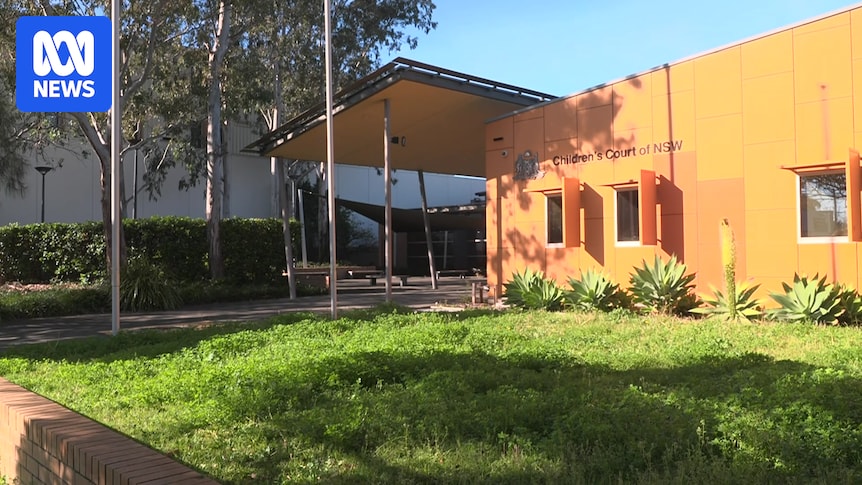A court has heard a 13-year-old Chinese student, charged over the fatal stabbing of a 14-year-old student also from China, has mental health conditions that likely contributed to the alleged murder.
The 14-year-old died at Newcastle’s John Hunter Hospital after she was stabbed at a home at Edgeworth on Monday night.
The 13-year-old girl, who cannot be named for legal reasons, had her case mentioned in a children’s court on Wednesday morning.
Magistrate Andrew Eckhold told the court the accused’s mental health may have led to her being “disassociated and psychotic” at the time of the alleged murder.
“It’s a very complex matter,” Magistrate Eckhold said.
The lawyer acting on the girl’s behalf did not apply for bail, and it was formally refused.
Magistrate Eckhold said the juvenile system was well prepared to support youths in custody who were experiencing mental health adversity.
“[The juvenile system] is very sensitive to mental health issues. It’s a very well resourced system,” he said.
The matter was adjourned to be heard again in October.
If you or anyone you know needs help:Suicide Call Back Service on 1300 659 467Lifeline on 13 11 14Aboriginal & Torres Strait Islander crisis support line 13YARN on 13 92 76Kids Helpline on 1800 551 800Beyond Blue on 1300 224 636Headspace on 1800 650 890ReachOut at au.reachout.comMensLine Australia on 1300 789 978QLife 1800 184 527
The accused’s legal representation requested a Mandarin interpreter for the next hearings and the magistrate said the accused was excused from appearing at the court.
The ABC has contacted the Chinese consulate for comment.
After the incident, NSW Police investigators said they were not aware of any relationship between the teenagers other than them being on the same study program.
Study tour
A spokesperson for the Council of Australian Student Exchange Organisations (CASEO) told the ABC in a statement the girls were not on a student exchange program, but on a “study tour”.
“While both involve international students studying overseas, there are important legal and operational distinctions in New South Wales,” the spokesperson said.
“Under NSW guidelines, a secondary student exchange program is a reciprocal arrangement between registered non-profit exchange organisations.
“These programs require placement in a host family and school enrolment for between three months — one school term — and one year, and participation is strictly regulated via the Acceptance Advice of Secondary Exchange Student (AASES) and subclass 500 visa process.
“In contrast, study tour programs generally involve full-fee paying students enrolled for short-term study [of 1–12 weeks] without the reciprocal or formal exchange structure.”
The CASEO spokesperson said the organisation “extends its heartfelt condolences to the family, friends and community affected” by the stabbing.

